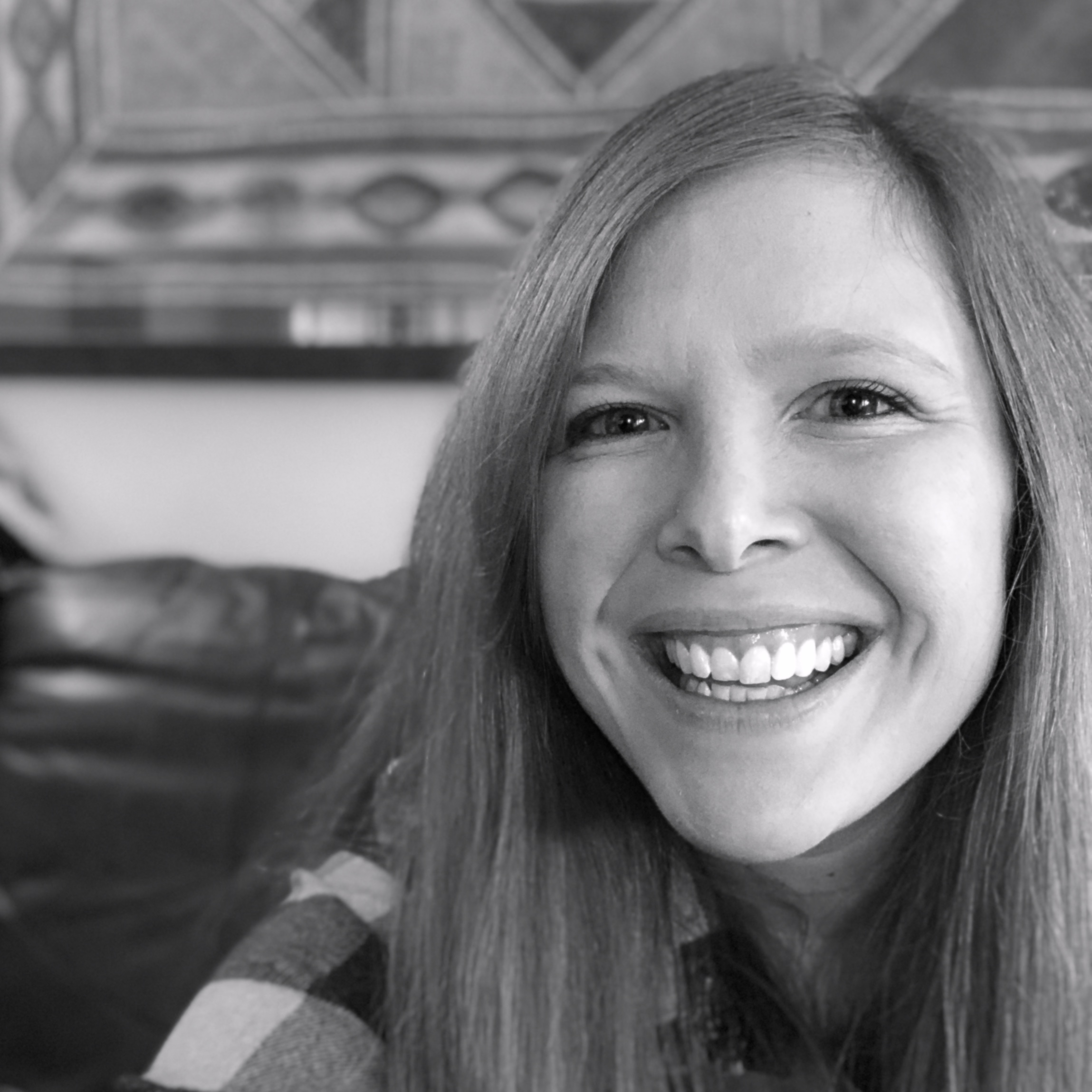Faculty Organizers

Amiko Matsuo
Amiko Matsuo sees the art studio as a community, where people who have different ways of seeing the world work together and share knowledge and resources. It makes sense, then, to connect storytelling, art, and place. For Matsuo, this means experimenting with making glazes from local clays and ash from brush fires, and it also extends to international contexts. In 2015, Matsuo published Art Place Japan, a translation about an art festival that reconnects people to nature and contributes to the revitalization of a rural area in the mountains of Japan. Matsuo’s writing and art have explored how we might learn from the ways people are connected to the plant and animal communities surrounding the places we live.
Check out Amiko’s work here:
︎︎︎https://cfileonline.org/exhibition-amiko-matsuo-destruction-transformation-pyrometric-cones/
︎︎︎www.japantimes.co.jp/culture/2016/02/13/books/book-reviews/art-place-japan-echigo-tsumari-art-triennale-vision-reconnect-art-nature/
︎︎︎https://kyotojournal.org/product/kyoto-journal-digital-issue-81/

Denise Grollmus
Denise Grollmus is a teacher, alleged writer and cultural studies scholar, as well as a sometimes-translator-and-web-designer. A Jewtina and first-generation Chilean-American with deep ancestral roots in Warsaw, Poland, Denise’s work is as hybridized as her identity. A jack of many trades and a master of none, all her work is driven by a deep love for the emancipatory potential of storytelling.
After graduating from Oberlin College in 2003, Denise worked as a full-time journalist for the Village Voice media, covering everything from true crime and politics to music and the environment. One of her stories, “Sex Thief,” was anthologized in the 2006 Best American Crime Writing.
In 2010, Denise left full-time journalism to pursue an MFA in Creative Nonfiction at Pennsylvania State University, where she fell in love with teaching, through which she could empower others to tell their own stories. After finishing her MFA, Denise received a Fulbright in Creative Writing to study and write about Jewish life in Poland since the end of WWII, when 90% of the country’s Jewish community—once the largest in the world—was murdered. Her work appeared in Tablet, New York Magazine, and The Guardian. In 2013, she won a Sanford St. Martin award for the podcast she presented, “The Jewish Revival in Poland,” which mines history (including Denise’s own family history) for stories that have long been buried under the weight of trauma, shame, and politics.
In 2013, Denise moved back from Warsaw to Seattle, where she began the PhD program in English at the University of Washington. At UW, she wrote a dissertation called “The Sacred Disease,” which explores how addicts not only tell their stories of addiction and recovery, but also how they interpret them and why religious and spiritual discourses are so crucial to recovery. Denise received the 2019 Heilman Dissertation prize for her work.
Denise is now full-time faculty in Communication Studies at South Seattle College, where she continues to help others tell their stories.
Check out Denise’s work here:
︎︎︎www.denisegrollmus.com
Paul Kikuchi
His music is somewhere between natural and deliberate, between wind chimes and the strict order of a composition..."
-The Stranger
"Picture Miles Davis floating somewhere out past the rings of Saturn."
- The Seattle Times
A Morricone showdown in a John Cage rock garden."
- Paris Transatlantic
Paul Kikuchi attended an Ella Fitzgerald concert while in the womb and was born the next day. He shares a birthday with Prince. His music is wide ranging—from drone/ambient soundscapes to compositions for traditional Japanese instruments. His interests in community and identity inform his research and music, as with projects such as Bat of No Bird Island (2015), which re-imagined music from his great grandfather's collection of Japanese 78rpm records. His creative work has been supported by the National Endowment for the Arts, Chamber Music America, and the Seattle Office of Arts and Cultural Affairs, among others.
Check out Paul’s work here:
︎︎︎ www.paulkikuchi.com

Steph Hankinson
Steph Hankinson is an academic, director, performance critic, and actor. Before moving to Seattle to pursue her PhD in English at the University of Washington, she worked as the Founding Artistic Director for Common House Productions (Sacramento, CA) and the Founding Managing Director for the Davis Shakespeare Festival (Davis, CA). Directing highlights include: Love’s Labour’s Lost (Common House), The Woman in Black (Common House), Macbeth (Studio 301), Hair: The American Tribal Love-Rock Musical (Studio 301) and the world premiere of The Sonnet Project (Davis Shakespeare Festival).
Steph is now a Humanities/Drama/English Faculty member at South Seattle College and spends her days teaching courses on global performance and film, intercultural communication, and cultural studies. Her primary areas of scholarly expertise are the imagination of natural disaster in 20th-century cultural productions of the American South and Caribbean, comparative black diaspora studies, and environmental aesthetics. She is currently working to finish her dissertation titled “Natural Catastrophe in Hemispheric American Cultures.” This project rethinks catastrophe by analyzing cultural and historical dimensions as a point of ecological transition, as a crucible for literary innovation, and on a scale of human costs in four contexts (earthquakes, hurricanes, deforestation, and rising tides).
Steph is a founder and contributing writer for DeConstruct: a Seattle-based collective of artists and academics committed to intersectional analysis and peer review of cross-disciplinary performance. DeConstruct critics engage performances of all scales and seek to re-define performance in the Puget Sound region by raising the bar for critique to generate more equitable cultural currency. She is the founding Managing Editor of Process: Journal of Multidisciplinary Undergraduate Scholarship, an online journal dedicated to providing an online space for undergraduate writers across the disciplines to share their work and begin forging new pathways for the future of academic and public scholarship.
Seattle has become Steph’s artistic, intellectual, and creative home and she is excited to help carve out spaces of connection and innovation between South Seattle College students and working artists in the region.
Check out Steph’s work here:
︎︎︎www.deconstructcollective.com
